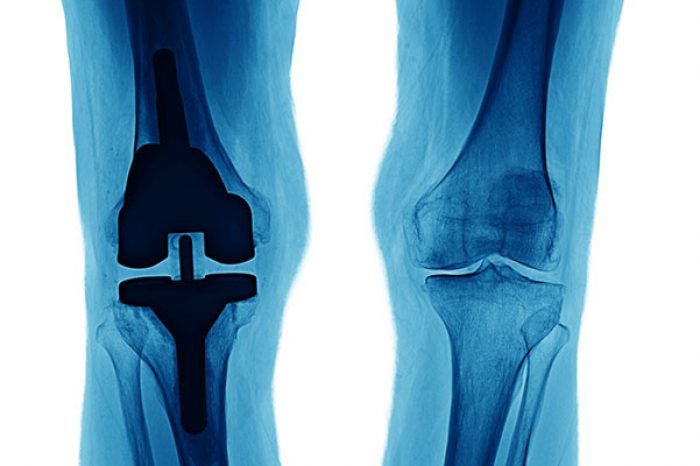
In a recent study by Sánchez et al. they studied whether platelet rich-plasma or PRP could postpone or even be avoid TKA in patients with knee osteoarthritis.
In this study, the authors performed a retrospective study to determine how long patients were able to delay or avoid a total knee replacement. Of 1084 patients, 667 were included in the study. Out of these patients, 74.1% of the patients were able to delay a TKA for more than 1.5 years and the median delay was 5.3 years. During the 5-year study follow-up 85.7% of patients did not undergo a TKA. The authors found that the severity degree, age, PRP cycles, and administration route had a impact on how effective the PRP was in delaying surgery.
Overall, the findings of this study suggested that PRP intra-articular injections were helpful in delaying a total knee replacement in patients with knee arthritis.
Reference:
Sánchez M., Jorquera C., Sánchez P., Beitia M., García-Cano B., Guadilla J., Delgado D. Platelet-rich plasma injections delay the need for knee arthroplasty: A retrospective study and survival analysis. Int. Orthop. 2021;45:401–410.
Meniscus tears are one of the most common causes of knee pain in active adults and aging athletes alike. If you’ve been told you have a “degenerative meniscus tear,” you may have also heard that surgery isn’t always the
Read MoreFor patients with chronic adductor longus tendinopathy, a newer option is emerging: ultrasound-guided tenotomy using the Tenex system. Recent clinical evidence suggests this minimally invasive approach may effectively
Read More